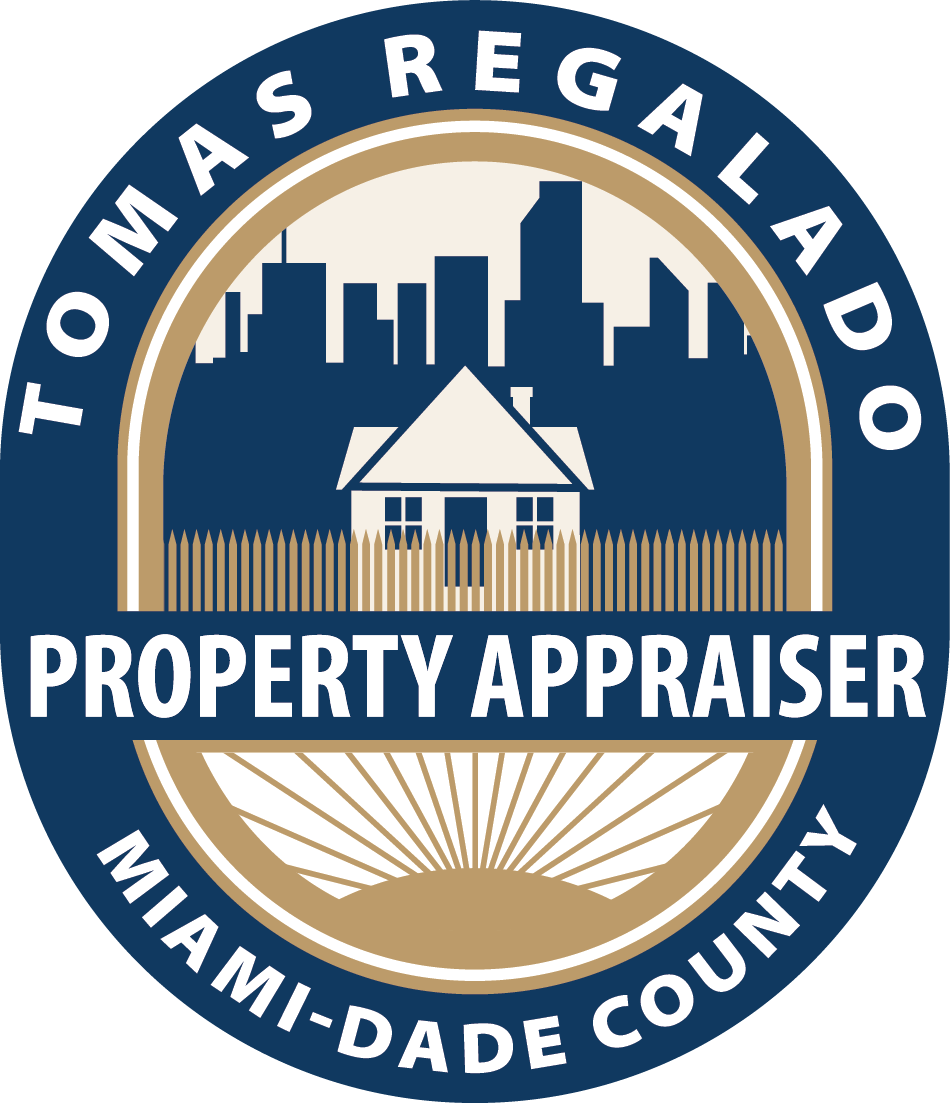First Responder and Surviving Spouse
First responders with total and permanent disability as of January 1 – or their surviving spouse – with permanent Florida residence and a Homestead Exemption can qualify for exemption from all ad valorem taxes.
This tax exemption carries over to the un-remarried surviving spouse with legal or equitable title and Homestead Exemption on the property.
The disability must be as a result of injuries sustained in the line of duty. Florida first responders are defined as persons serving as first responders in Florida or during an operation in another state or country authorized by Florida or its counties.
First responders include:
- Law enforcement or correction officers
- Firefighters
- Full time, part time or unpaid volunteer paramedics and Emergency Medical Technicians
Total and permanent disability is defined as an impairment of the mind or body that renders a first responder unable to engage in any substantial gainful occupation and that is reasonably certain to continue throughout life.
- Search Florida Statutes, Section 196.102
Requirements
Complete and submit the following documents:
- Property Tax Exemption (DR-501) form
- Select First responder totally and permanently disabled in the line of duty, or
- Surviving spouse of first responder who died in the line of duty
- First Responder's Employer Certification of Injury
For quadriplegic, paraplegic, hemiplegic, legally blind or those confined to a wheelchair for mobility purposes:
- Submit two Doctor's certificates (DR-416) from two professionally-unrelated Florida-licensed physicians, or two physicians from the United States Department of Veterans Affairs, confirming the applicant
For all other total and permanent disabilities:
- One First Responder's Physician Certificate of Total and Permanent Disability and a Social Security Administration Award Letter (within three months of issuance)
If you are unable to provide a Social Security Administration Award Letter, then you must obtain documentation from the Social Security Administration stating that you are ineligible to receive a medical status determination and also provide two First Responder Physician Certificates of Total and Permanent Disability.
Submit Your Application
Applications and required documentation must be submitted by March 1.
You may submit your application using the following methods:
- By email - Submit the completed form using our Contact Form
- Schedule an Appointment – Use our Appointment Application to book a visit at either SPCC or South Dade.
Walk-In
- Stephen P. Clark Center
111 NW 1 Street
Suite 710
Miami, FL 33128 - South Dade Government Center
10710 SW 211 Street
2nd Floor
Cutler Bay, FL 33189
To confirm your application has been received and to track its status, visit the Track Your Application Status webpage. For more information, call 305-375-4712.
You can file a late property tax exemption application starting March 2 until the expiration on your August Notice of Proposed Property Taxes (TRIM Notice), which is on or before September 20. You may have to file a petition with the Value Adjustment Board; a $15 fee may be applicable.
You can file a late application online, by mail, email or in person. For more information on how to file a late application, call 305-375-4712.
Related Services
If you are a veteran or surviving spouse planning to purchase or move into a new home, you may request a tentative (non-binding) eligibility verification to learn whether you qualify for veteran-related exemptions before filing your next Homestead Exemption application. This process uses the DR-501V – Tentative Eligibility Verification for Certain Exemptions form and helps you confirm your status early.
The Disability Exemption is automatically renewed each year. If you are still eligible for these exemption(s), you do not need to take any further action. Keep the automatic renewal receipt our office mails every year with the updated adjusted household for your records.
Florida Law prescribes that it is the duty of the owner of any property to notify the Property Appraiser promptly whenever the use of the property or the status or condition of the owner changes, so as to change the exempt status of the property.
If any owner fails to notify the Property Appraiser, and the Property Appraiser determines that for any year within the prior 10 years the owner was not entitled to receive such exemption, the property shall be subject to the taxes exempted as a result of such failure, plus 15 percent interest per year, and a penalty of 50 percent of the taxes exempted.
If you are the surviving spouse of a first responder who died in the line of duty, you can request a tentative (non-binding) eligibility verification for exemptions on a new home.





